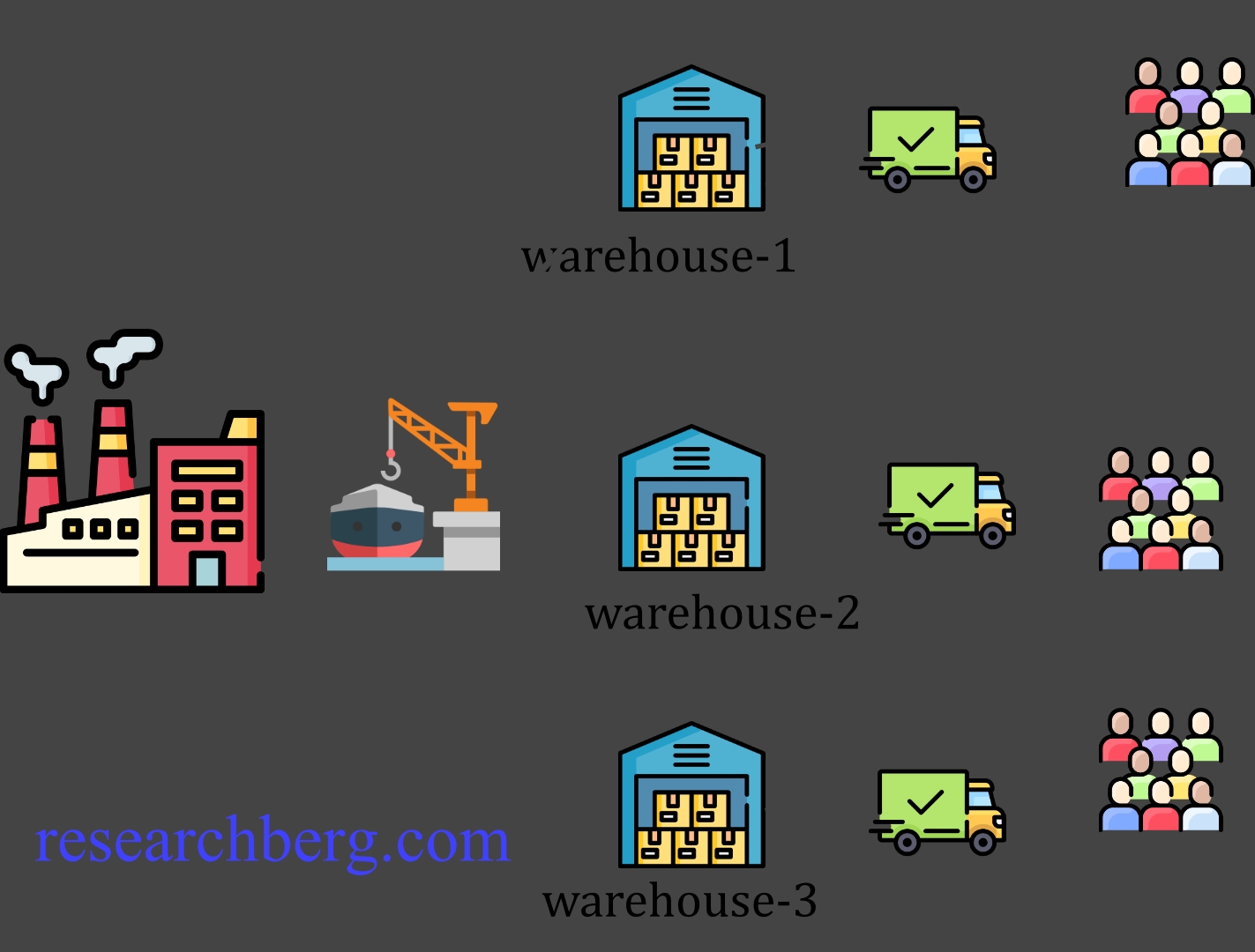Selecting Optimal Overseas Warehouse Location in Global Supply Chain: An Application of Binary Integer Programming
Keywords:
Binary Integer Programming, Global supply chain, Overseas warehouseAbstract
Overseas warehouses are crucial nodes in today's worldwide supply chain. They offer timely delivery of products to remote customers at a low cost and with few shipping issues. A foreign warehouse is a cross-border solution that may be used to solve cross-border B2B and B2C transactions. Strategically positioned warehouses allow organizations to effortlessly cross borders across multiple countries, regardless of where company headquarters and production or assembly units are situated. We argued that selecting an overseas warehouse site has always come down to determining where the majority of a company's foreign clients are located such that when a customer places an order, it is fulfilled by the distribution warehouse closest to that client. In this study, a warehouse site optimization framework was developed using Binary Integer Programming to help decision-makers choose the best region, or sites, to build an overseas warehouse facility to meet expected customer demands. The proposed model is focused on determining the appropriate placement of the warehouse from a set of potential locations in order to decrease the travel distance between warehouse facilities and overseas customers. The overseas customers are assumed to be served by the warehouse that is closest to them geographically. When the number of to be overseas customers served is large, they might be organized into clusters. This pre-processing is based on the assumption that the warehouse charged with servicing the overseas customers of a certain cluster would care for all of them in that cluster. We presented four distinct case situations with varying characteristics. The k-means approach is used within the context of Binary Integer Programming to divide C overseas customers into G distinct and non-overlapping subgroups. Warehouse site influences transportation costs, and when new supply routes are introduced or a current supply chain is re-engineered, a thorough warehouse placement analysis is required. The proposed model would hope to help choose the best location for warehouses as well as other immovable infrastructure in the global supply chain.

Downloads
Published
How to Cite
Issue
Section
License
Copyright (c) 2020 Author

This work is licensed under a Creative Commons Attribution-NonCommercial-NoDerivatives 4.0 International License.




